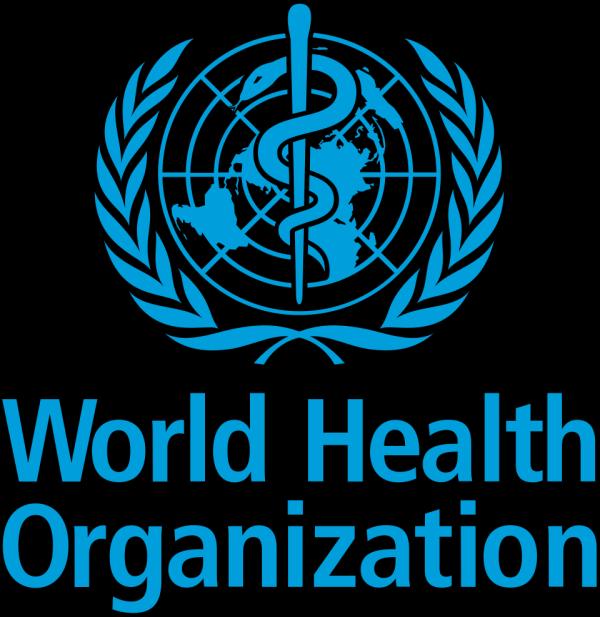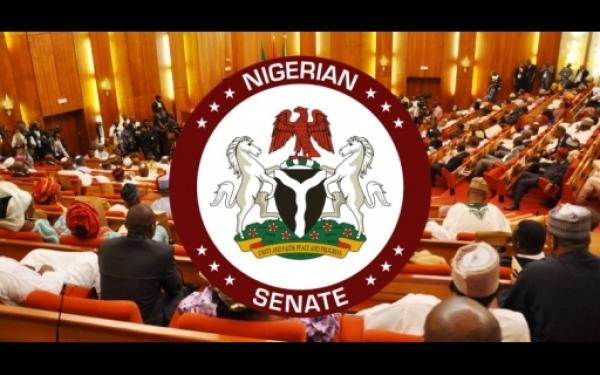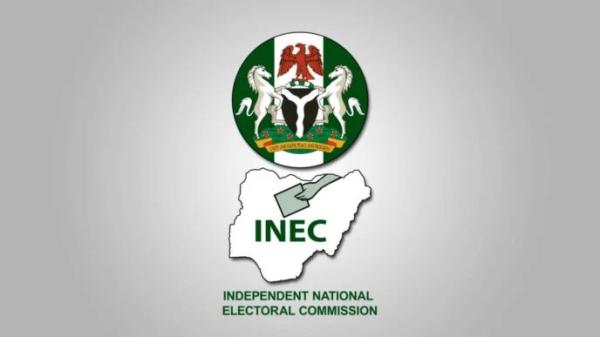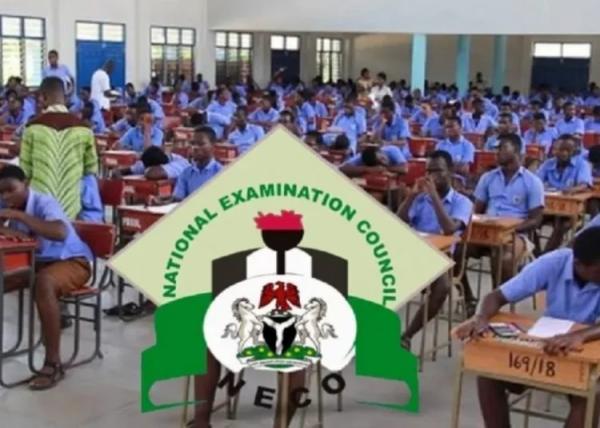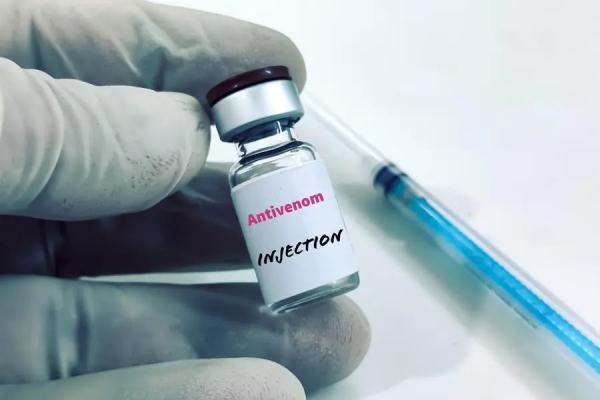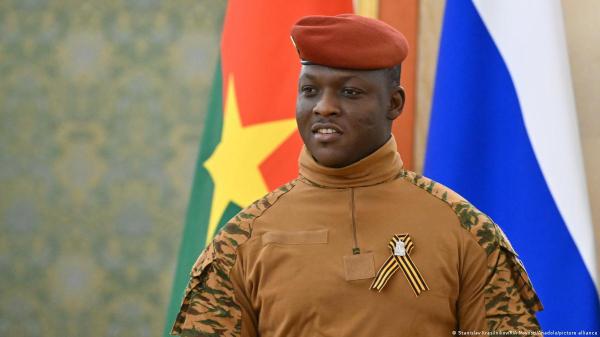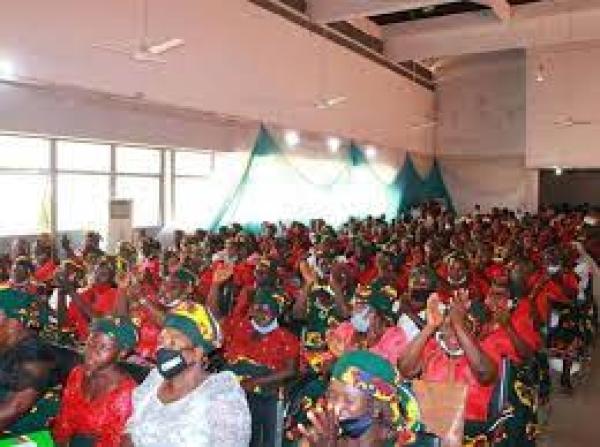
Dinidari Foundation in partnership with UN Women and the Norwegian Embassy have identified equal participation and leadership of Women in political and public life as a key component to achieving the Sustainable Development Goals (SDG) by 2030.
The foundation disclosed this in a comprehensive report signed by the executive director, Dinidari Foundation, Ndi Bala yesterday on women’s political participation in Nigeria with Kaduna and Plateau States as a case study.
The report noted that the key SDG indicator can be achieved by the proportion of seats held by women in the National parliaments, ministerial positions, and local government as one of the measures of progress towards the attainment of the SDG.
Meanwhile, the report stated that despite strategies to ensure Nigerian women’s inclusiveness in politics there has been a steady decline from the 2011 and 2015 data for the house of representatives (at 6.8 and 5.6 per cent respectively for both years) and static progress in the senate (at 6.4 per cent and 6.5 per cent for the respective years) representing the lowest figures for sub-Saharan Africa and globally and no woman has served as governor in Nigeria.
Also, the report identified that too many analyses of women in Nigerian politics focus on numbers over substance with the literature demonstrating that women are sometimes given nominal roles with little actual power in government and political parties and addressing this challenge will require that more questions on the nature of women’s political power and the terms of their participation.
Meanwhile, the study which was conducted in Plateau and Kaduna had 4 parties in both States were identified to best fit the criteria to be assessed, these were the APC, LP, NNPP, and PDP in both states with a total of 75 respondents reached from the state capital and the 3 senatorial districts in each state.
Findings however, revealed that the average duration of party membership for the women in politics assessed was 10 years for both states, implying there have been active women In the political space for over a 10-year period, as such there has been the opportunity for the parties in the state to put forward women candidates over the last 10 years.
“The 2023 elections for Kaduna had less women candidates than the 2019 elections in the 4 parties, and the Plateau fielded fewer women in proportion to its total electoral candidates for 3 parties than the 2019 estimates,” the report said.
Furthermore, key barriers to women’s political participation in Plateau include discrimination by men, lack of finance, poor leadership skills, Lack of cooperation among women, and cultural religious, and economic barriers.
Similarly, women leaders in Kaduna State identified funding, how to convince women to engage in politics, lack of cooperation among members, and neglect of women (non-inclusion) in party affairs as major barriers.
However, the foundation recommended that the women leader position in Nigeria needs to be entrenched in all parties and its roles expanded to accommodate such activities that relate to advocacy within the party on issues of particular concern to women constituents and women party members to increase women membership.
Also, promotion of women’s leadership throughout the party, at both the local and national levels, and lobbying for and overseeing internal party reform, including the implementation of voluntary quotas for women’s political participation The committees should also be created to cater for such roles.
Similarly, strategies need to be developed to address the low level of women’s participation as flag bearers of their parties for electoral positions, and the adoption of a quota for increasing women’s participation in politics needs to be promoted.
The research also identified that waiving fees for registration of women candidates for electoral positions is not sufficient as funds are still required for other aspects of a woman party flag bearers campaign strategy, as such the women’s wings should implement resource mobilisation strategies to promote its candidates within the party for electoral office if nominated.
Similarly, capacity building will be required for the women’s wing for the domains of capacity assessed, as the progress made by the women’s wings can be assessed as a measure of support toward its eventual progress and engaging with men within the parties is important for the women’s success as such communications training is key for the success of their efforts.












